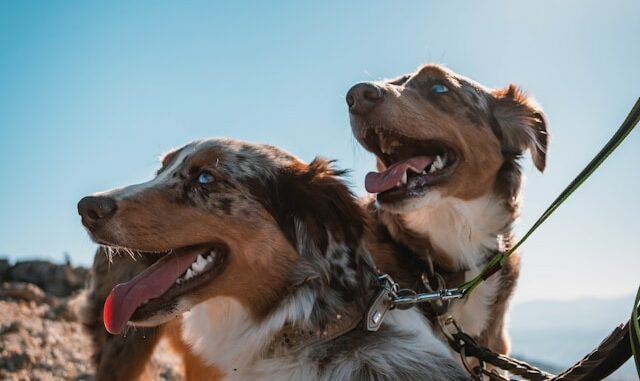
Facing a dangerous dog designation for your beloved pet can be a distressing ordeal for any dog owner. However, in Ontario, there are avenues available to challenge such designations and advocate for your dog’s innocence. This article aims to explore effective strategies for arguing that your dog is not dangerous and should not be subjected to orders pursuant to the Dog Owners’ Liability Act (DOLA).
Understanding the Process
Before delving into potential arguments, it’s essential to understand the process involved in challenging dangerous dog designations in Ontario. Typically, the process unfolds as follows:
- Notification: Upon receiving notice of a dangerous dog designation or impending orders pursuant to DOLA, dog owners are informed of the allegations against their pet and the proposed restrictions.
- Investigation: Dog owners may have the opportunity to present evidence and arguments challenging the allegations during the investigation phase. This may involve providing witness testimony, veterinary records, and behavioral assessments to refute claims of aggression or dangerousness.
- Appeals: If the dangerous dog designation is upheld and orders are issued, dog owners have the right to appeal the decision. Appeals processes vary but generally involve submitting evidence and legal arguments to contest the designation and seek modifications or overturning of imposed orders.
Building Your Defense
To argue that your dog is not dangerous and should not be subject to orders pursuant to DOLA, consider the following strategies:
- Behavioral Evidence: Provide evidence of your dog’s behavior, temperament, and socialization history to demonstrate that it does not pose a risk to public safety. This may include testimony from trainers, behaviorists, or other individuals familiar with your dog’s demeanor.
- Incident Analysis: If the dangerous dog designation stems from a specific incident, thoroughly analyze the circumstances surrounding the event. Gather evidence, such as witness statements or video footage, to challenge assertions of aggression or fault.
- Medical Records: Present veterinary records documenting your dog’s health, vaccinations, and any medical conditions that may have influenced its behavior. Medical evidence can help contextualize your dog’s actions and refute claims of inherent danger.
- Training and Rehabilitation: Highlight any training programs or behavioral modification efforts undertaken to address perceived issues with your dog’s behavior. Providing evidence of proactive measures taken to address concerns can bolster your argument for leniency.
- Character References: Collect character references from neighbors, friends, or community members who can attest to your dog’s gentle nature and positive interactions with people and other animals.
- Legal Precedents: Research and cite relevant legal precedents or cases with similar circumstances that resulted in favorable outcomes for dog owners. Drawing parallels to established legal principles can strengthen your argument and support your case.
Seeking Professional Guidance
Navigating the legal complexities of challenging dangerous dog designations in Ontario can be daunting. Consider seeking guidance from legal professionals with experience in animal law or advocacy organizations specializing in animal welfare. Legal experts can provide invaluable support in crafting persuasive arguments, navigating the appeals process, and advocating for your dog’s rights.
Conclusion
Arguing that your dog is not dangerous and should not be subject to orders pursuant to DOLA requires careful preparation, strategic planning, and diligent advocacy. By presenting compelling evidence, leveraging legal resources, and seeking professional guidance, dog owners can effectively challenge dangerous dog designations and safeguard the well-being of their cherished companions in Ontario.
